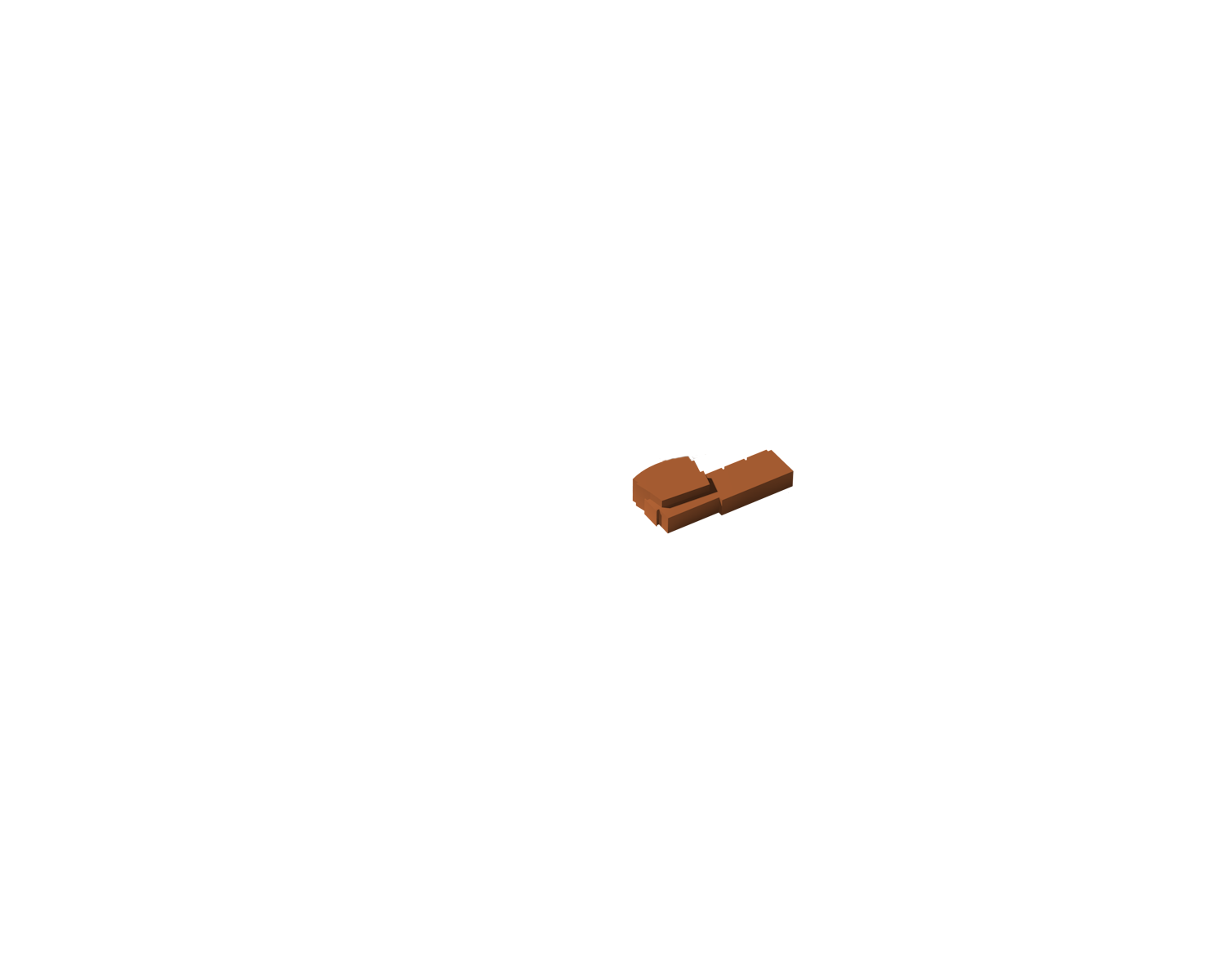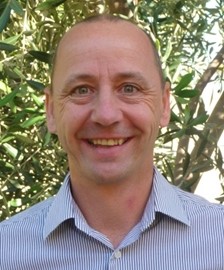Guest Lecture
The Mediterranean part of South-West Western Australia (SWWA) is known for its incredible rich biodiversity with numerous endemic species as well as being the largest grain producing area in Australia. These different systems both rely on soils as a natural resource. However, 0.5 billion years of continuous weathering have led to often deeply weathered and depleted soils with a complex polygenetic history setting challenging conditions for land use. The presentation explores some of the main drivers for the current soil distribution and their specific physico-chemical and biological properties in SWWA. It will display certain soil constraints such as water repellency, duplex soils or salinization and discuss the consequences for the often conflicting land uses under currently changing climatic conditions. Novel methods in assessing these constraints by using thermal cameras or small scale electric resistivity surveys will be introduced and their potential discussed. Various examples will display the great challenges to ensure continuity in sustaining biodiversity and modern agriculture in SWWA.
Dr. Leopold is Senior Lecturer at the School of Agriculture and Environment at the University of Western Australia (UWA). He has teaching experience of 50+ different lecturing units and excursions in Physical Geography, Environmental Science and Geoarchaeology from different Universities in Germany, USA and Australia.
Kontakt
Geopedologie und Landschaftsentwicklung
T +49 (0) 355 69-4226
raab(at)b-tu.de


